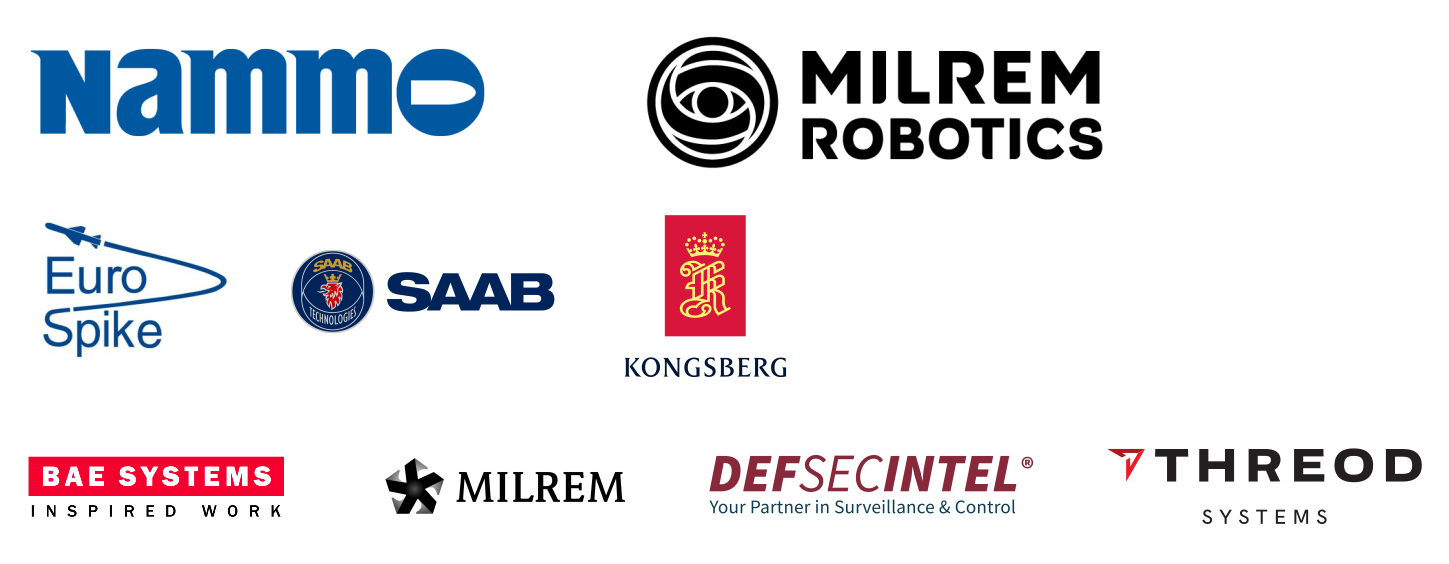ABCD 2019
Disruptive Technologies for Strategic Superiority:
Can the West Win the Defence Technology Race?
29-30 October 2019
Conference Centre of the Radisson Blu Hotel Olümpia, Tallinn, Estonia
#abcdtallinn2019
Artificial intelligence, machine autonomy, quantum computing, human enhancement, augmented and virtual reality—these are just a few fast-developing fields of technology that are either already disrupting or are bound to unsettle the established patterns of contemporary politics, society and the economy. Military strategy is not immune from this disruption. Many NATO and EU nations are reversing the decline in their defence budgets and embarking on programmes to build up and modernise their militaries to bring their capabilities into line with geopolitical realities. Some of them are placing a very high emphasis on a continuous and rapid uptake of cutting edge technological innovation in developing their military capabilities. Many others, however, often struggle to appreciate the full impact of technological change on military affairs, or to exploit the opportunities offered by this change through technology-driven defence transformation. Even if such opportunities are identified, a number of political, societal, legal and organisational factors—at work within and between nations—impede their pursuit. Meanwhile, various adversaries and near-peer competitors such as Russia and China are developing and leveraging technological solutions that erode the West’s political, economic and military edge in the intensifying geopolitical competition.
ABCD 2019 will focus on the technological dimension of military strategy. It will discuss how specific technological trends and their exploitation by different actors are altering the character of conflict, and what that means for modern deterrence. It will critically examine efforts to modernise the military within NATO and the EU and will compare these efforts with the approaches of other nations, both geopolitical competitors and partners. It will explore ways to improve the ability of Western defence establishments to benefit from various disruptive technologies—including by more effectively harnessing the national and collective science, technology, innovation and industrial base as well as creating greater civil-military synergies. It will consider how different technology postures in defence among NATO Allies and partners might affect such aspects as interoperability of their capabilities in operations, or might deepen the existing trans-atlantic capabilities gap. In this regard, it will also discuss whether and how Europe could emerge as an important source of disruptive technologies for the defence sector. Last but not least, it will also consider what role small nations such as the Baltic states can play in NATO and EU technological ambitions.
ORGANISER
SUPPORTED BY



